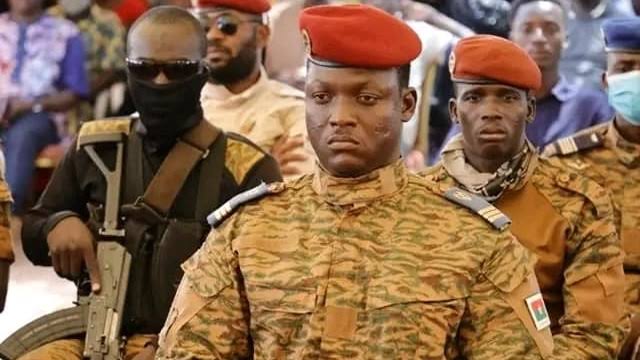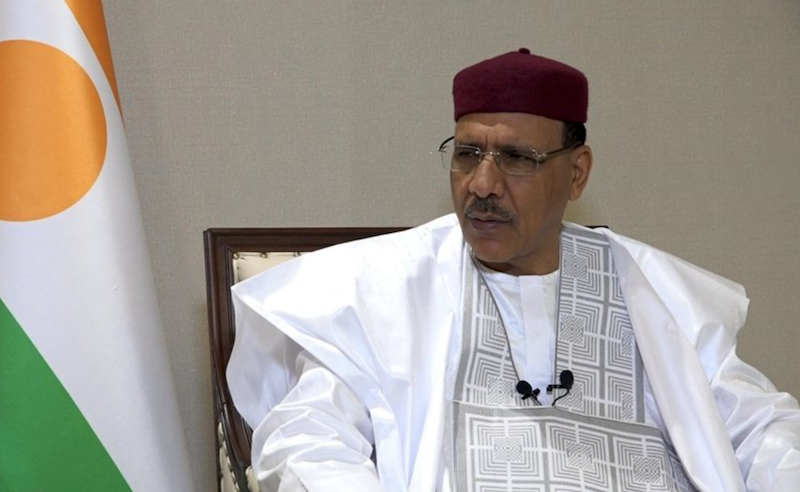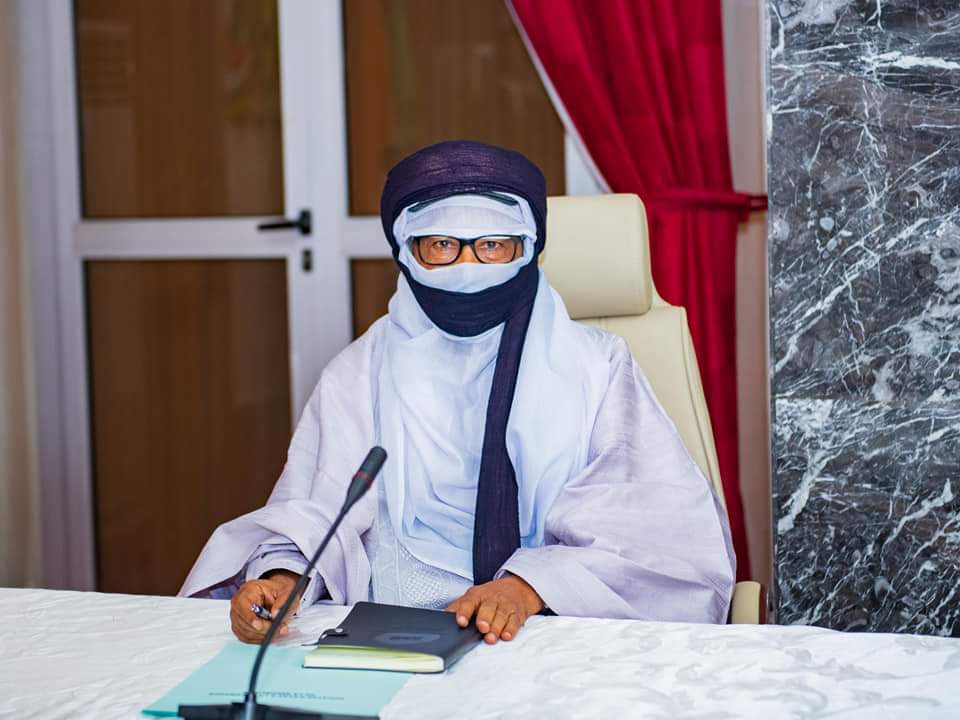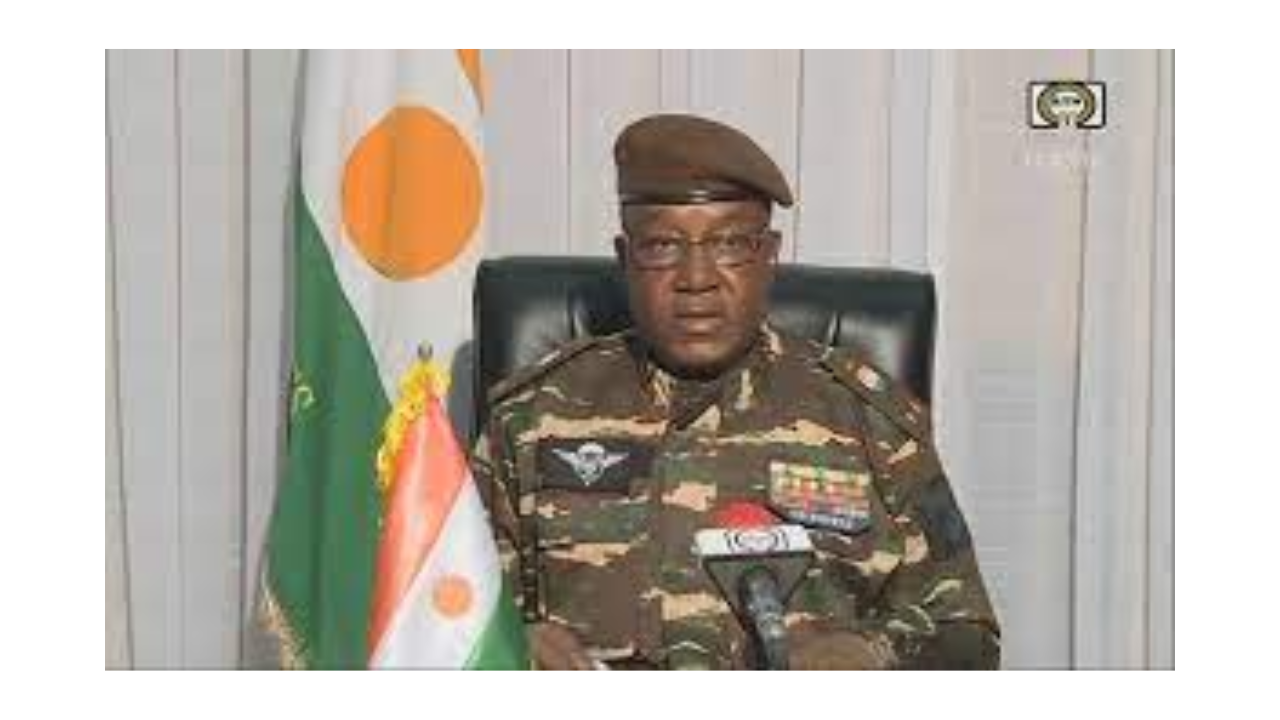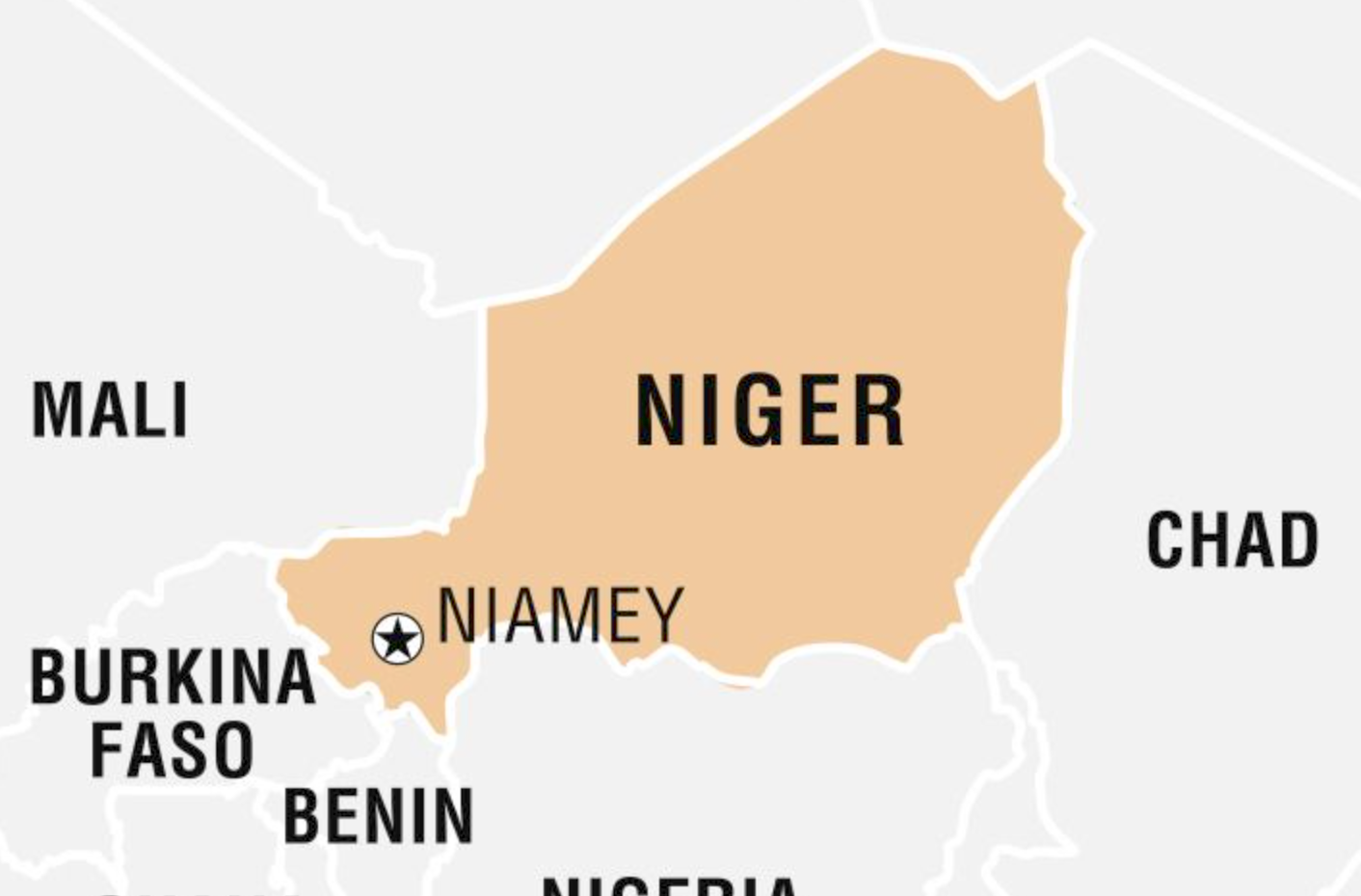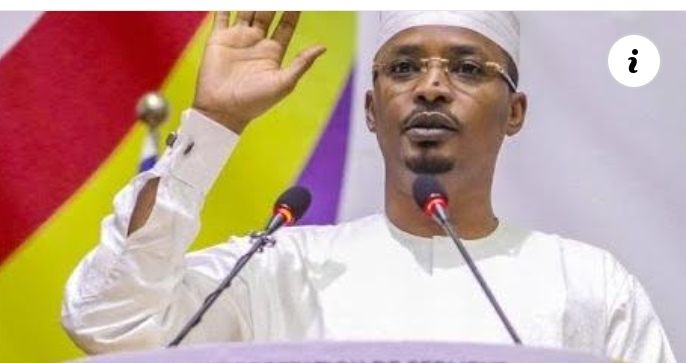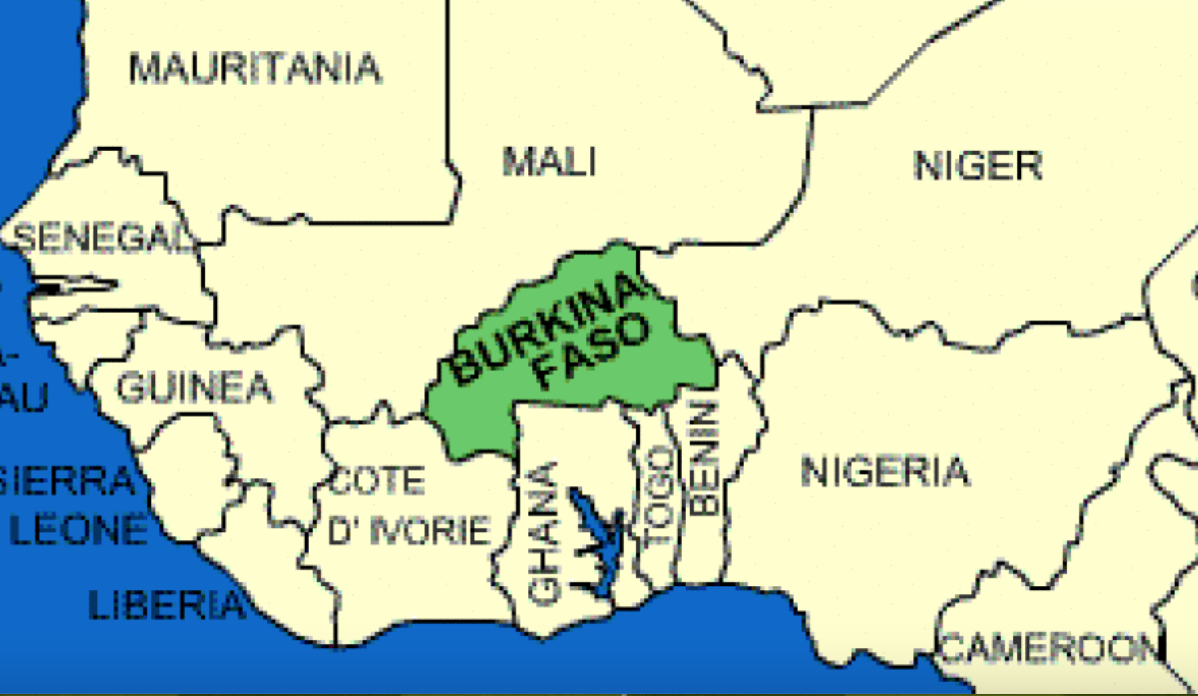The Junta regime in Burkina Faso who took over the reigns of affairs in the country in 2022 has announced it will will extend its rule for five years under an accord adopted during national consultations on Saturday, the talks’ chairman said.
“The duration of the transition is fixed at 60 months from July 2, 2024,” Colonel Moussa Diallo, chairman of the organizing committee of the national dialogue process, said after the talk.
According to the coup leader and acting president Ibrahim Traore can run in any elections at the end of the transition period.
What was supposed to be a two-day national dialogue began earlier Saturday, ostensibly to chart a way back to civilian rule for the West African nation beset by jihadist violence.
The army has governed Burkina Faso since 2022, carrying out two coups that it justified in large part due to the country’s persistent insecurity.
Jihadist rebels affiliated with Al-Qaeda and the Islamic State group have waged a grinding insurgency since 2015 that has killed thousands and displaced millions.
An initial national dialogue adopted a charter that installed Traore as president, and put in place a government and a legislative assembly.
Under the new charter agreed Saturday, quotas will no longer be used to assign members of traditional parties seats in the assembly. Instead, “patriotism” will be deemed the only criteria to select deputies.
The initial charter set the duration of the transition to civilian rule at 21 months with the deadline due to expire on July 1, but Traore had repeatedly warned that holding elections will be difficult given the perilous security situation.
